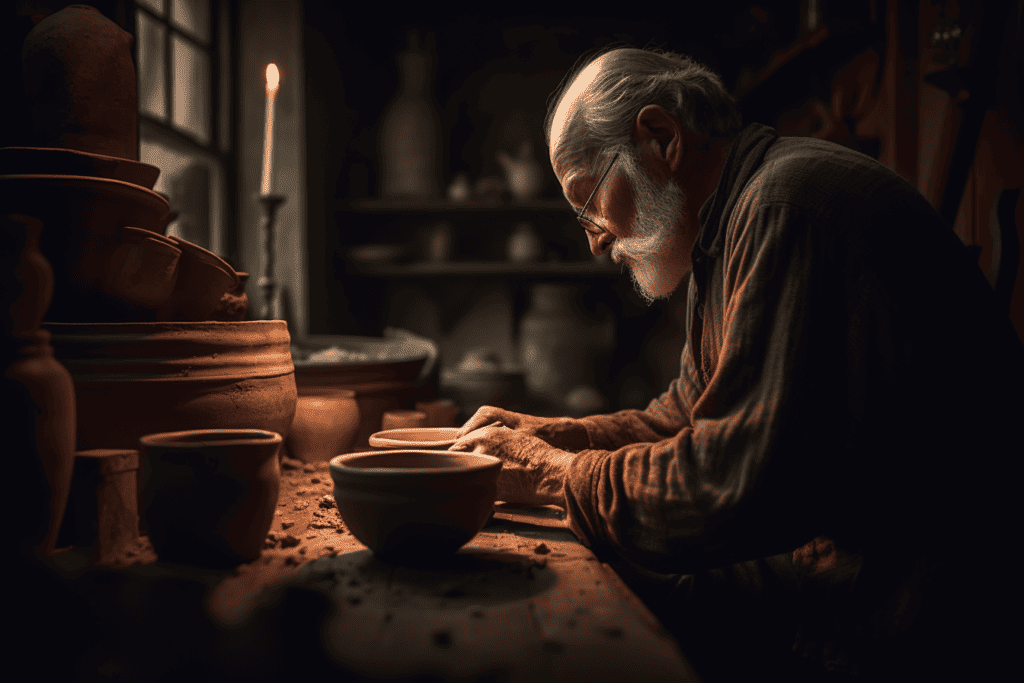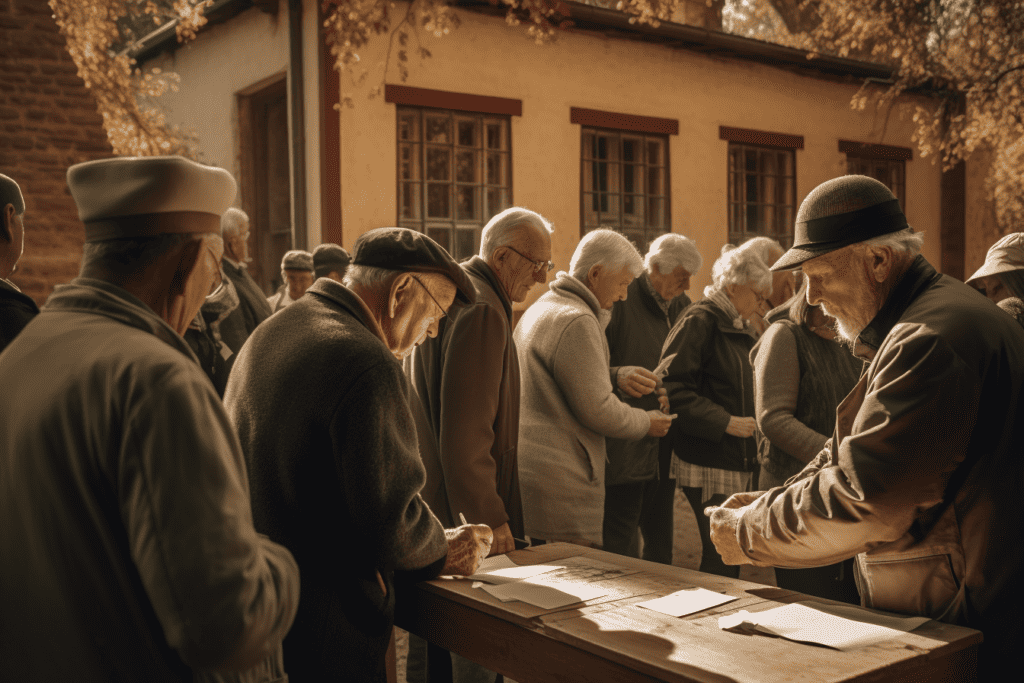
You might have heard people use the terms “freedom” and “independence” interchangeably, but have you ever stopped to consider if they actually mean the same thing? It’s an interesting question to ponder. Is there a subtle, yet significant difference between these two powerful words?
On the surface, they might seem similar, but dig a little deeper, and you’ll find that they have their own unique flavors.
Are independence and freedom the same?
When discussing the concepts of independence and freedom, it’s essential to first establish a clear understanding of their respective definitions. This will allow us to better grasp the subtle distinctions between these two powerful terms that often get mistaken as synonyms.
What is freedom?
Freedom is typically defined as the state of being free from external control, interference, or constraint. It represents the power and ability to make choices, express oneself, and pursue one’s goals without being held back by undue restrictions or limitations. This includes freedom of speech, freedom of religion, and freedom to choose one’s career or lifestyle, among other things.
What is independence?
On the other hand, independence refers to the ability to stand on your own and not be reliant on others for your emotional, financial, or physical well-being. It’s the state of being self-sufficient and capable of making your own decisions, solving your own problems, and taking responsibility for your actions. Independence also encompasses the notion of having the necessary skills and resources to navigate life without constant support from others.
Now that we have a better understanding of the two concepts, let’s explore whether independence and freedom are truly the same or not.

Is freedom the same thing as independence?
While there is a certain degree of overlap between independence and freedom, they are not identical. The key difference lies in the fact that freedom focuses on the absence of constraints or limitations on your choices and actions, whereas independence emphasizes your ability to rely on yourself, be self-sufficient, and manage your life autonomously.
Think of freedom as the open road that lies before you, stretching out in all directions and offering a world of possibilities. In contrast, independence is the vehicle that you drive on this road – it’s the means through which you can explore the vast expanse of freedom without being tethered to external support or guidance.
Now, let’s delve into the key differences between these two concepts, so you can better understand their significance in your life.
What is the difference between freedom and independence?

There are many similarities between freedom and independence. Both concepts denote the ability to encourage independent thought and make choices without external interference, and both imply that your choices are based on your values rather than someone else’s. This makes developing independence at a young age a crucial step in the development of self-confidence and a healthy sense of self.
However, there are also some key differences between these two concepts that need to be taken into account when using them:
Choice vs. Self-reliance
- Freedom is about having the liberty to make your own choices, be it small or significant decisions that shape your life.
- Independence is the ability to rely on yourself to make those choices, and not being overly dependent on others for guidance or support.
Making decisions vs. Standing alone
- Freedom allows you to make decisions without being unduly influenced by external factors or pressures.
- Independence gives you the strength and confidence to stand by those decisions, even when they might not align with popular opinion or the expectations of others.
Expressing opinions vs. Living without help
- Freedom is the right to express your opinions and beliefs openly without fear of retribution or censorship.
- Independence means having the skills and resources to live without relying on others for help, be it emotional or financial support. This makes it especially important to overcome your fear of independence since it allows you to fully live your life the way you want to.
Picking hobbies vs. Taking care of yourself

- Freedom is being able to choose the hobbies and activities that bring you joy and fulfillment.
- Independence is the ability to take care of yourself physically, mentally, and emotionally, so that you can pursue those hobbies without hindrance.
Speaking your mind vs. Solving problems solo
- Freedom is the opportunity to speak your mind and share your thoughts with the world.
- Independence is the skill of solving problems and navigating life’s obstacles on your own, building your resilience and self-sufficiency.
Exploring ideas vs. Being your own boss
- Freedom is the ability to explore new ideas, thoughts, and perspectives without feeling restricted or limited.
- Independence is taking charge of your own life and destiny, becoming your own boss, and making your own decisions.
Selecting friends vs. Handling responsibilities

- Freedom allows you to choose the people you want to surround yourself with, selecting friends who support and uplift you.
- Independence is being capable of handling your own responsibilities, whether it’s in your personal or professional life.
Following dreams vs. Paying your bills
- Freedom is having the ability to follow your dreams and passions, without being held back by societal expectations or limitations.
- Independence is ensuring that you can take care of your financial obligations, like paying bills and managing expenses so that you can pursue those dreams.
Picking your path vs. Creating your future
- Freedom gives you the power to choose your own path in life, without being forced into a particular direction.
- Independence is actively creating your future by building the skills, knowledge, and connections necessary to thrive on your chosen path.
Enjoying rights vs. Building self-sufficiency

- Freedom is the ability to enjoy your rights as an individual, be it the right to vote, express yourself, or pursue happiness.
- Independence is about building self-sufficiency, learning to meet your own needs, and not relying on others to take care of you.
Conclusion
As we’ve explored throughout this article, freedom, and independence, though related, are distinct concepts that contribute to our sense of autonomy and self-determination in unique ways. By understanding and appreciating the subtle differences between these two powerful ideas, we can strive to cultivate both in our lives, fostering a harmonious balance that enables us to thrive.
Remember, freedom is the canvas that provides you with the opportunity to make choices, express yourself, and pursue your dreams. In contrast, independence is the palette of skills, resources, and self-reliance that empowers you to take charge of your life and make the most of those opportunities.
As you journey through life, continue to nurture your independence and cherish your freedom, allowing them to complement and reinforce each other. By doing so, you’ll be better equipped to navigate the challenges and triumphs that lie ahead, boldly creating your own unique masterpiece on the canvas of life.









